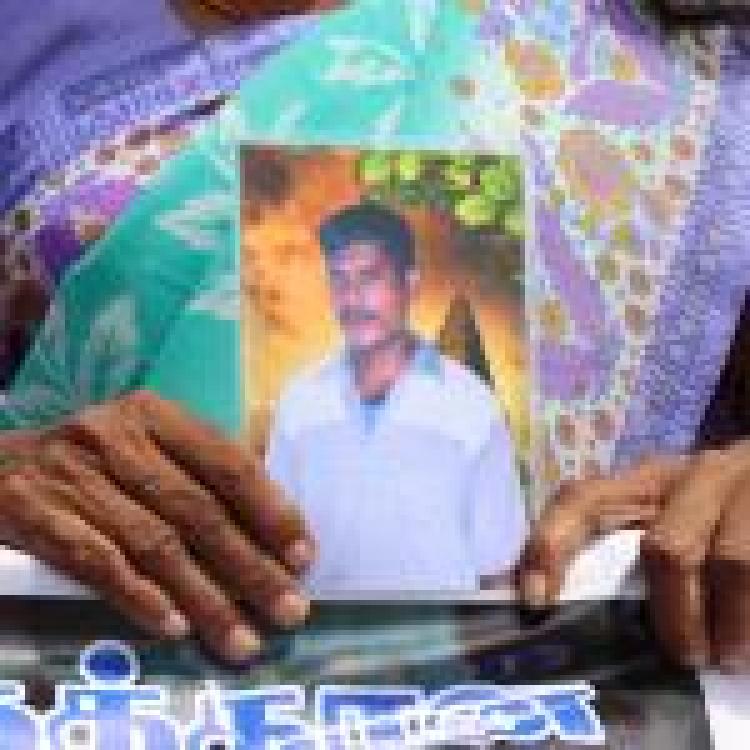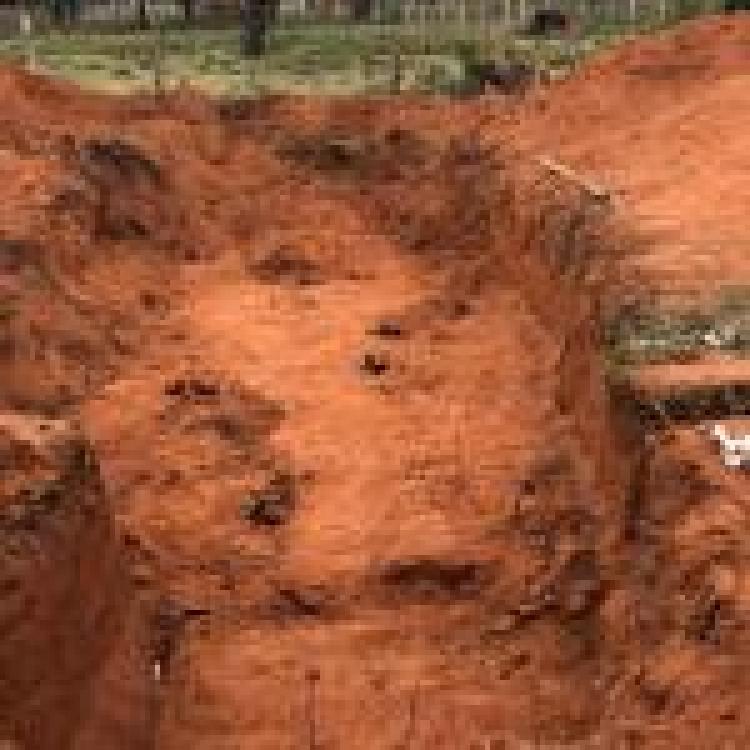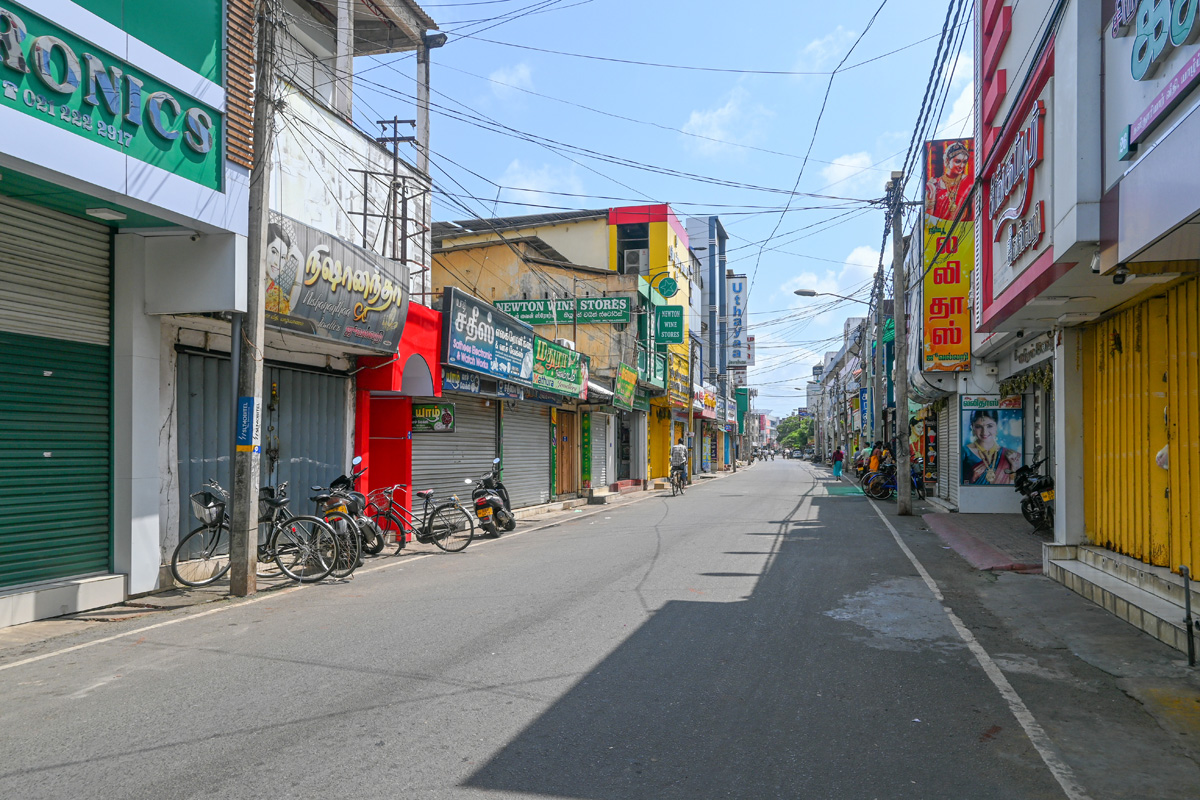
A hartal was carried out across the North-East yesterday as Tamils across the homeland demand for an international investigation into the Kokkuthodavai mass grave.
The mass grave was discovered on June 29th by construction workers from the National Water Supply and Drainage Board prompting excavation efforts.
Tamil families of the disappeared and activists have called for an impartial investigation into the mass grave as previous mass graves discovered across the island have failed to be investigated properly.
In Jaffna, shops and businesses were closed to support the call for an international investigation into the mass grave.
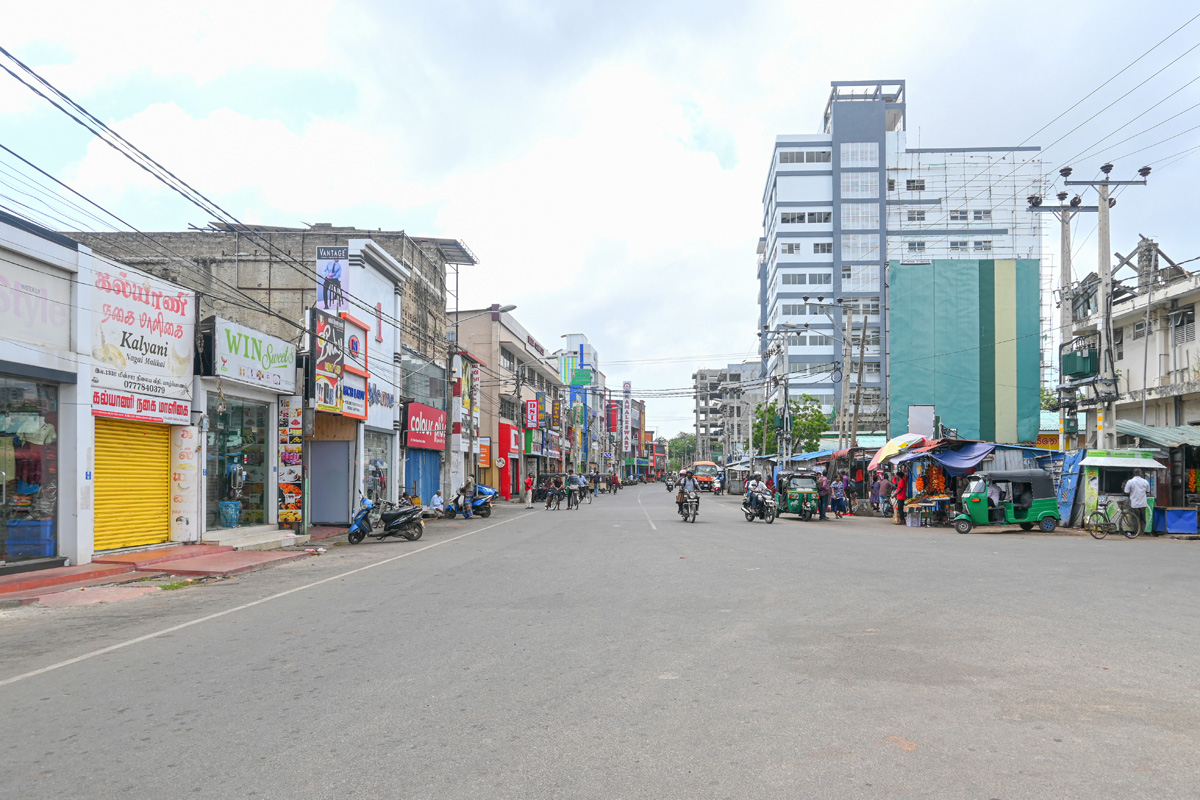
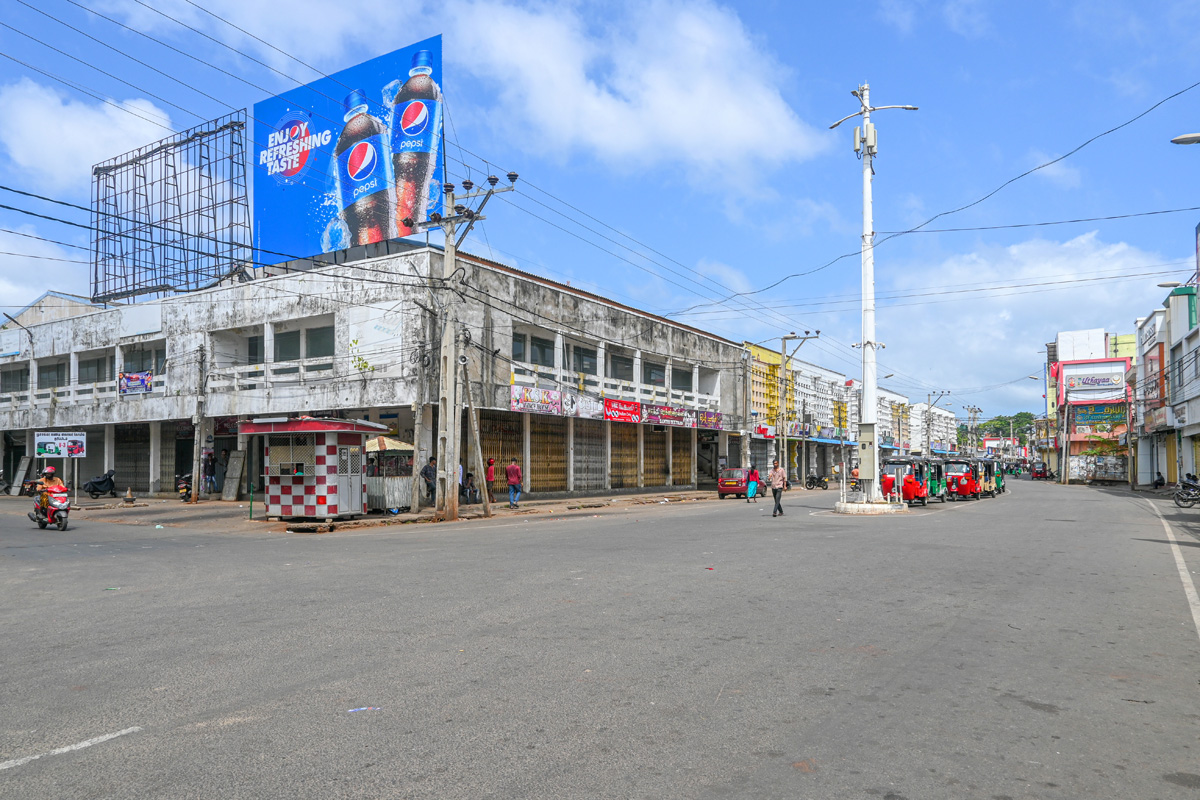
In Mullaitivu, Tamil families of the disappeared and Tamil activists held a rally to reaffirm their demands. Students from Jaffna University rallied from Vadduvakkal bridge and joined the Tamil families of the disappeared in their protest outside Mullaitivu District Secretariat.
Tamil National Alliance (TNA) MP S Shritharan, who was present at the rally, said:
"This protest is being carried out today to demand an international inquiry into the mass grave where countless former LTTE cadres and Tamils were buried in Kokkuthodavai in the north-eastern district of Mullaitivu."
"Mass graves have been identified in various places, especially in the North-East. If those mass graves are investigated, the Sri Lankan Army, Sri Lankan Navy, Air Force and Defense Forces will be questioned. In particular, we believe that the mass grave found in Kokkuthodavai and Mandaitheevu, are the human burial grounds of Tamils who were taken away by the Sri Lankan army and government forces in a very brutal manner and killed and buried."
"What we demand from the international community is a judicial investigation. We are constantly being deceived," Shritharan added.
Speaking at the time of the initial discovery, Tamil National People's Front MP Selvarajah Kajendren said that locals were agitated by the discovery given the area's history. In 1984, the Kokkuthoduvai area saw the forced displacement of the Tamil families by the Sri Lankan military. From then until the end of the armed conflict, this area was filled with army camps.
Last month, the Journalists for Democracy in Sri Lanka (JDS), the International Truth and Justice Project (ITJP), Centre for Human Rights and Development (CHRD) and the Families of the Disappeared (FoD), released a report which highlights that while tens of thousands of bodies lie undiscovered in mass graves across the island, only 20 mass graves have been partially exhumed over the last 30 years.
"None of Sri Lanka's numerous Commissions of Inquiry were mandated to look into mass graves. Instead, efforts to uncover the truth have been stymied," the report states.

